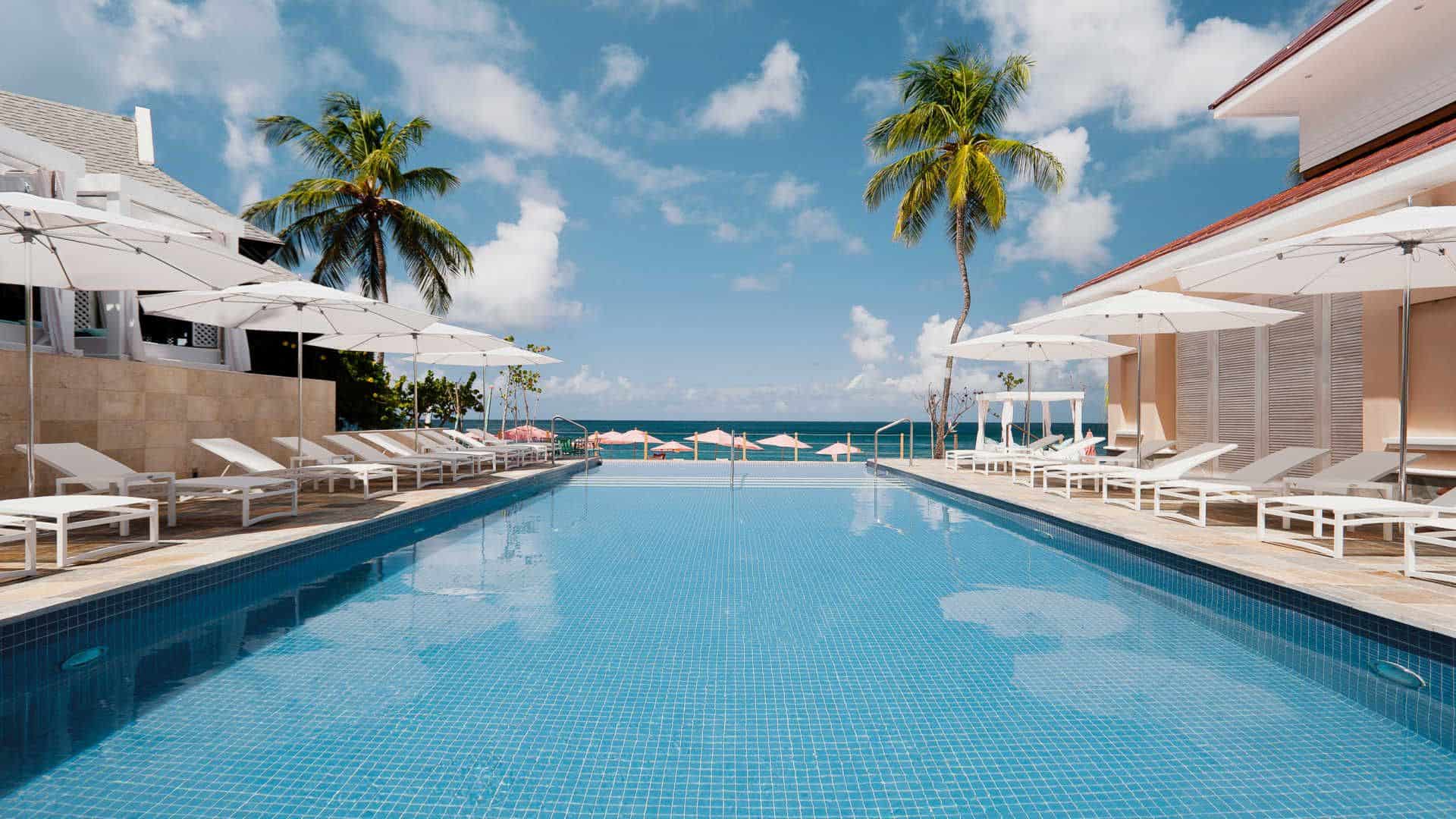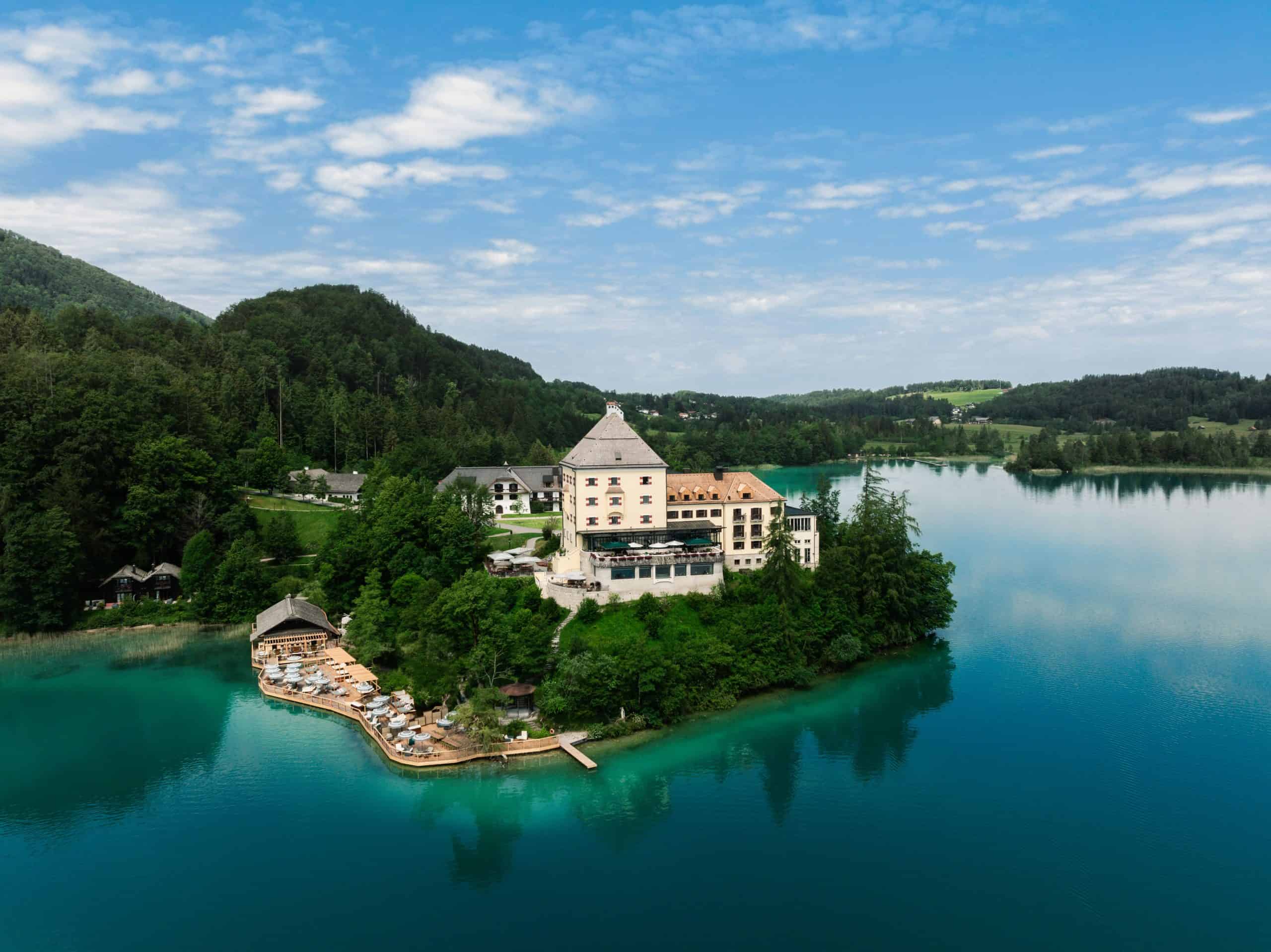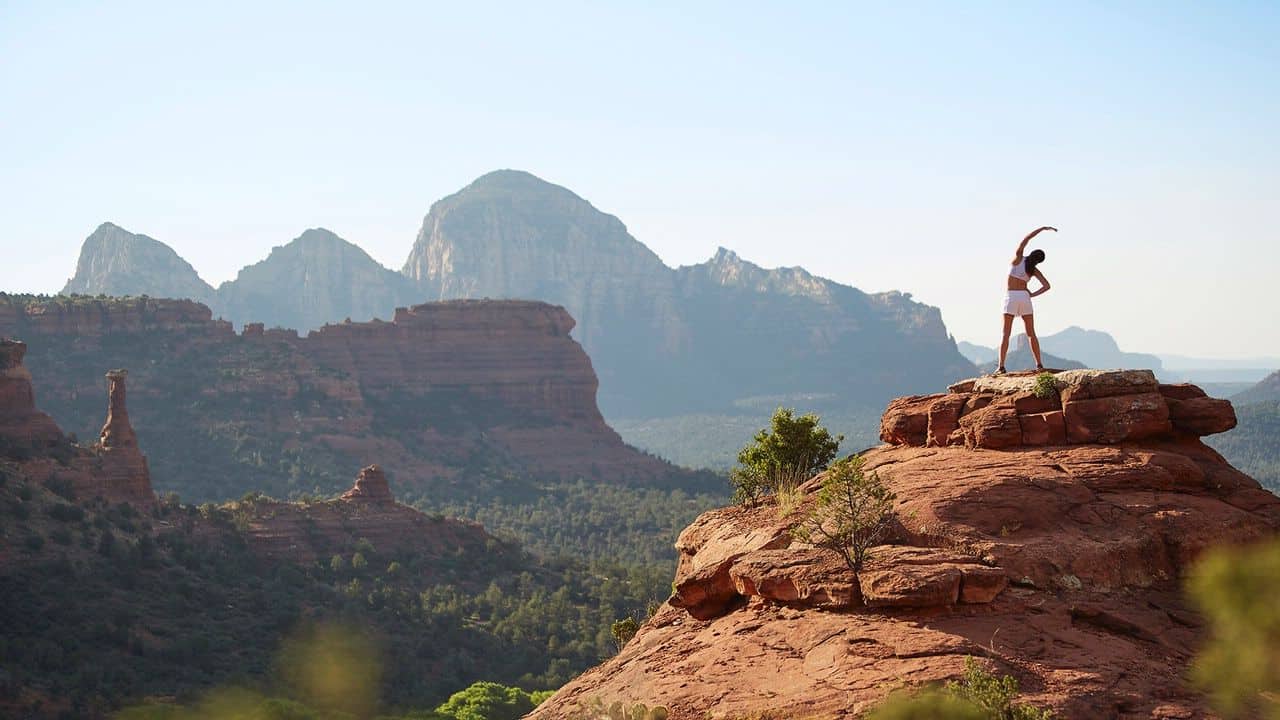A restauranteur, author and yoga teacher, Alex von Bidder is a man of many, varied talents. Swiss-Born, he’s spent the last four decades in New York nurturing the legendary Four Seasons Restaurant, described by the New York Times as “probably the most important New York restaurant of the 20th century.” His current focus, though, sees him stepping further into the world of wellness as the Board Chair for Rancho La Puerta, on the border of Baja, California and Tecate, Mexico. Compare Retreats Founder Dervla Louli meets the calm and collected hospitality guru to discuss nature, wellness and the philosophy of non-reactivity.
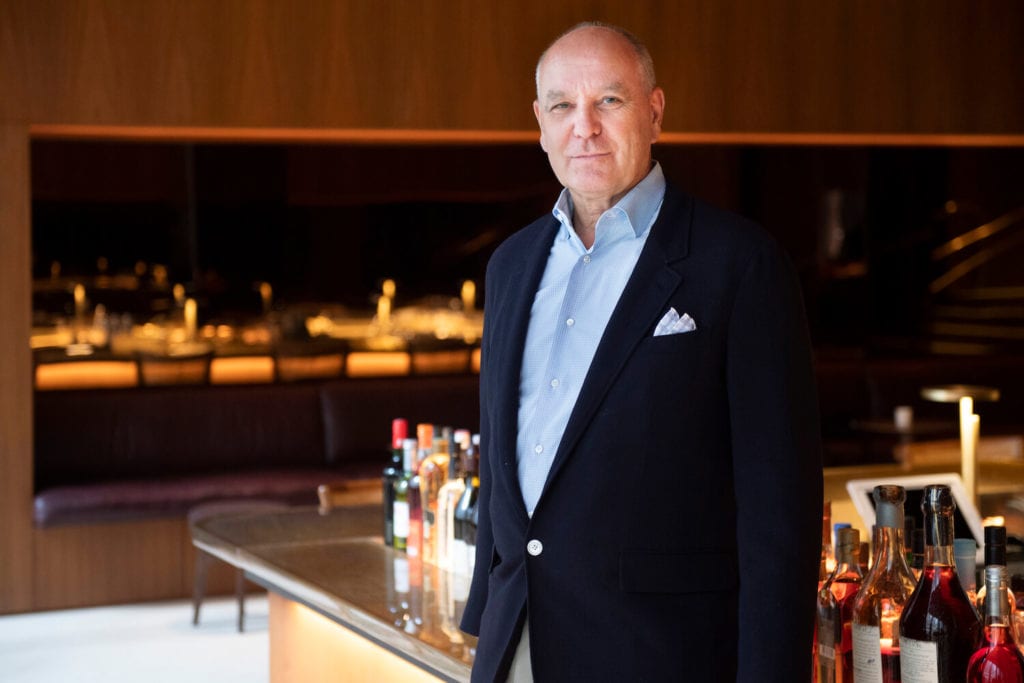
When did you first discover your love of nature and fitness? I grew up in a place called Grindelwald, in the Swiss Bernese Alps—it’s a small mountain village famous for its winter sports. I inherited my love of hospitality from my dad, who was the unofficial mayor of the town and played host to visiting guests bringing Crown Princes and Generals skiing. My dad loved all things sports, from skiing, mountain climbing to going to the beach, and we were expected to join in: my first time on skis was at the age of three or four, and instead of going to kindergarten, we went to ski-school. Growing up outdoors made it an important thing to me, and I continued that when I moved to New York.
How have you incorporated wellness into your life? I think the most important thing is creating quiet, alone time that suits your family situation. For example, I carve out two hours in the morning as my own time, and I do my meditation on my way to work: I’ve been taking the train for the past 40 years, so I’m very familiar with it and don’t really need to see where I am anymore. I close my eyes, put on my AirPods and listen to Headspace, so that’s my morning 20-minute meditation. On weekends I practice yoga at Yoga Haven, where I’ve been going for 20 years, and it’s also where I used to teach yoga.
What’s your morning routine? The first thing I do when I wake up is make a cup of tea. Then I’ll usually sit and read or write: this is my creative time. I find it very helpful to write whatever comes into my mind, it’s a way of listening to myself. Other days, I have specific topics or issues that I need to solve or action later at work. After that, I take a shower, do some stretches and an easy yoga sequence, get dressed, then take the train to work where I do my meditation.
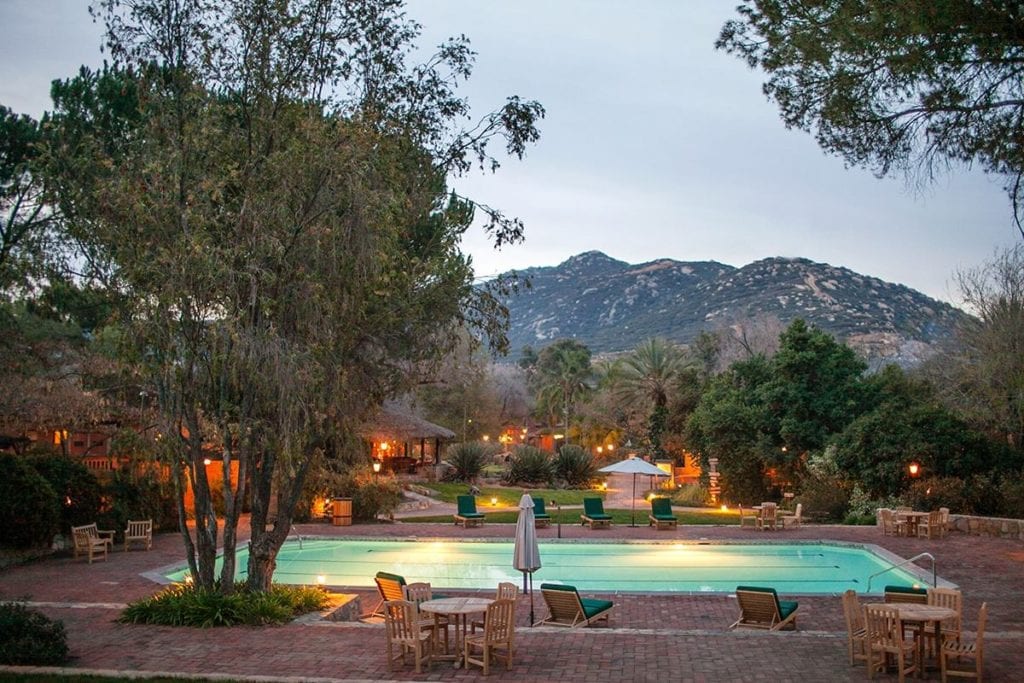
As the Board Director of Rancho La Puerta, can you tell us about the wellness retreat? Rancho La Puerta is one of my favourite places. The gardens are beautiful, they have a cooking school, and any activity you could think of: yoga, Pilates, hiking, swimming, water sports, and lectures in the evening. When you want to relax, there are hammocks to do nothing in, and a wine bar showcasing Mexican wines. It’s a favourite place of mine because I love the people, the place, and the feeling I get when I spend a week there.
What’s your favourite activity at Rancho La Puerta? Watsu is one of my favourite things at Rancho La Puerta. They have it in a swimming pool that was not deep enough for the clients. So we heated it to body temperature, and it was perfect for watsu because it was very large.
What sets Rancho La Puerta’s retreats apart? It’s all really personalised and flexible. Even before you arrive, the programme coordinators send you all the information about what’s available. The hardest thing is to actually choose what to do: there are about a hundred different classes every week, from Mexican cooking class, spinning and weight-lifting, to African dancing, African drumming, and even bingo night. There’s no way you could do it all, so you really have to personalise it to yourself and what you want to achieve or do for a week.
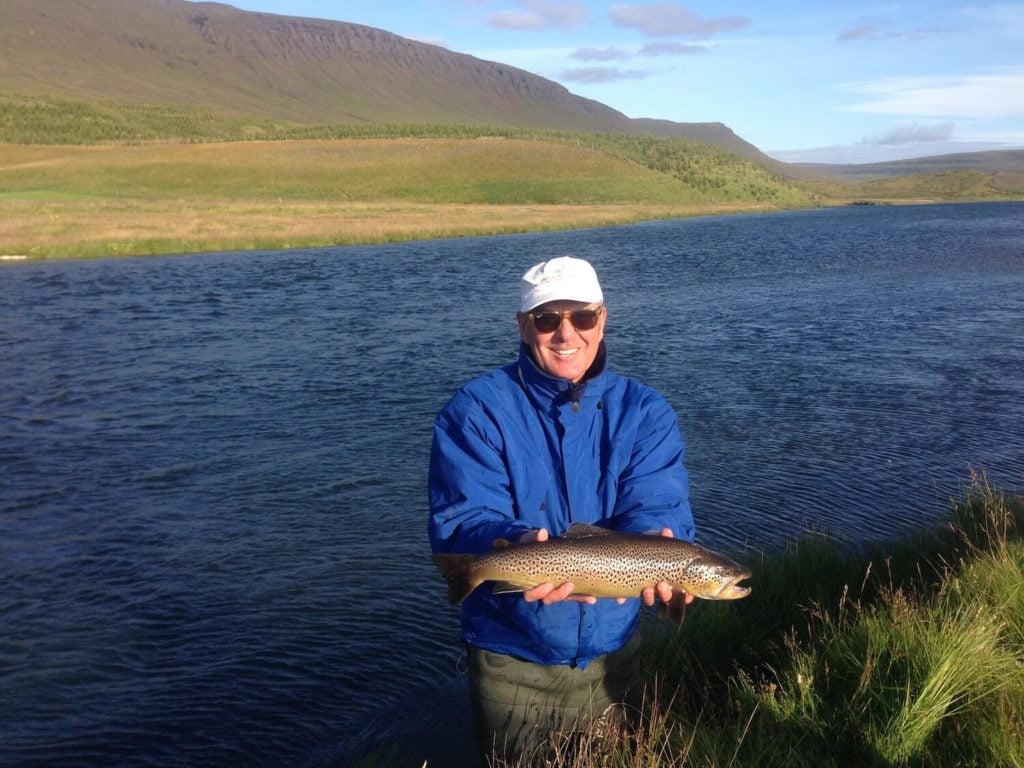
What are your thoughts on digital detoxes? I think addiction to technology—cell phones, the web, email and texting—is huge, and it’s unhealthy for all of us. One of the things that Rancho La Puerto is very strong at is separating people from their cell phones. There’s no WiFi in public areas which helps to give people a great break from their devices, so you have to walk to the WiFi zones if you want to check your emails: just that simple separation illustrates to most people how addicted they are. We give guests a little sleeping bag for their phone, to try and encourage them to take a rest from it.
How do you stay zen while working in a fast-paced professional environment? It takes a lot of practice. There’s a philosophy in Japanese zen-tradition that we have three faces: one face we show to strangers, one we show to our friends and family, and one we only show to ourselves in the mirror. To me, that gives me space mentally to step away from any difficult situation. If there is an emergency at work, it is not my personal issue: it involves a stranger taking care of another stranger, and I don’t get emotionally involved. Non-reactivity is the real secret to staying zen.
What are your top tips for managing stress? I believe the first step is to take two breaths. Those who react automatically to a situation are probably triggered by some old wound. This is where mindfulness can be a very useful tool: we need to learn how to observe our own mind. Our mind is like a computer, programmed in a particular way, and the only way we can stop it is to realise and notice it; when we stop to take a breathe, we become more skilful with our reactions.
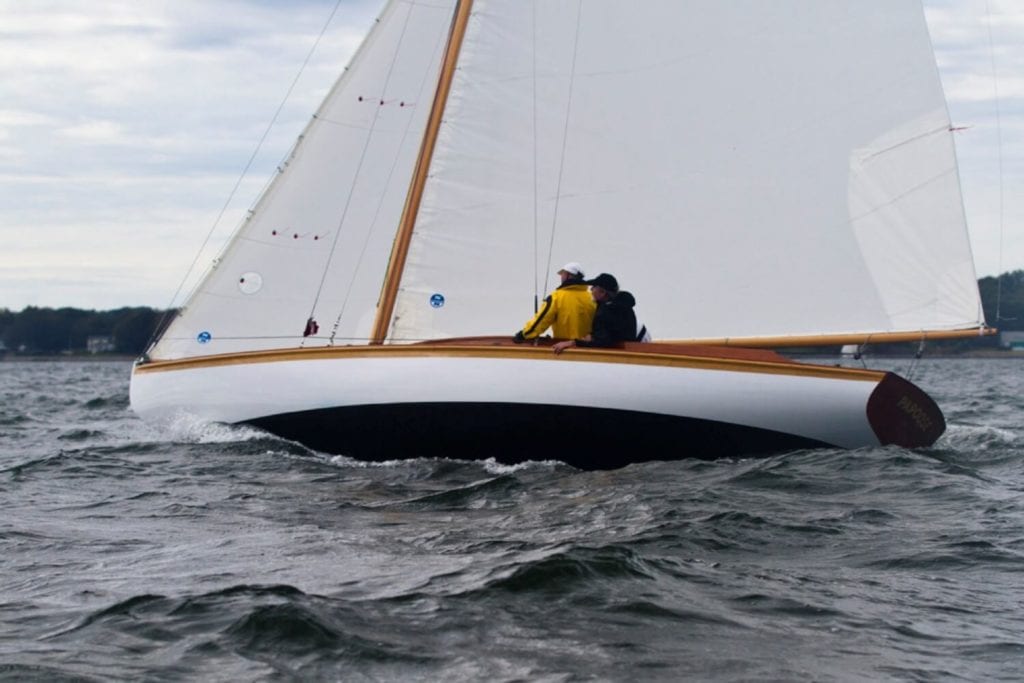
How did you help the healthy fine-dining food movement evolve at Four Seasons Restaurant? One of the principles that we always followed was not just seasonality or locally grown food, it was also that food should be healthy. In the ’80s, we came out with a cookbook called Spa Cuisine—we actually coined that phrase. It was to help people to eat even healthier by knowing all the ingredients, and that everything they consumed had nutritional value. At the time though, the Spa Cuisine menu wasn’t popular at all. We were way ahead of the time, and the irony is, now it’s everywhere.
What does your own typical daily menu look like? My breakfast is the same breakfast everyday: fresh fruit, greek yoghurt and granola, with all kinds of seeds and nuts in it, with two cups of French Roast coffee. Then I don’t eat again until about 2.30pm. I eat pretty much everything but I find red meat difficult to digest, so I eat it very rarely. Dinner is always light and easy, I eat very little at night and generally have some soup, a small appetizer-size of what my wife leaves in the refrigerator, or I make myself some pasta.
What are your favourite places in New York to spend outside? When I was at the Four Seasons, I would take short walks from the Restaurant during my breaks over to the East River and just watch the water and take a few deep breaths to get away from the traffic. I also love sailing, so I take boats out of the seaport on the lower Eastside any chance I get: I’ll set sail for the Verrazano-Narrows Bridge or the Statue of Liberty and just spend an hour or two on the water. I have my own boat in Rye, New York, so I set sail whenever I can.

